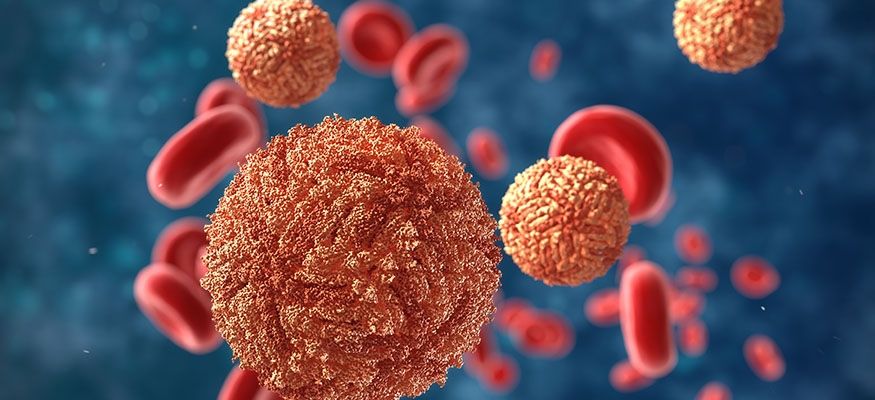The US Centers for Disease Control and Prevention (CDC) announced on Thursday that its analysis of samples from the nation’s first severe case of bird flu last week revealed mutations not found in samples taken from an infected backyard flock on the patient’s property.
The agency stated that the patient’s sample showed mutations in the hemagglutinin (HA) gene, a component of the virus essential for attaching to host cells. However, the CDC emphasized that the outbreak’s overall risk to the general public has not changed and remains low.
Last week, the United States reported its first severe case of the virus, involving a Louisiana resident over the age of 65 who was experiencing severe respiratory illness. The individual was infected with the D1.1 genotype of the virus, which has been recently identified in wild birds and poultry in the US. This differs from the B3.13 genotype found in dairy cows, human cases, and some poultry across several states.
The CDC noted that while the mutations observed in the patient are rare, they have been documented in other countries during severe infections. One such mutation was also identified in a severe case from British Columbia, Canada.
To date, the CDC has confirmed no evidence of transmission from the Louisiana patient to other individuals.
 Telegram is where we really talk. Don't miss out!
Telegram is where we really talk. Don't miss out!







